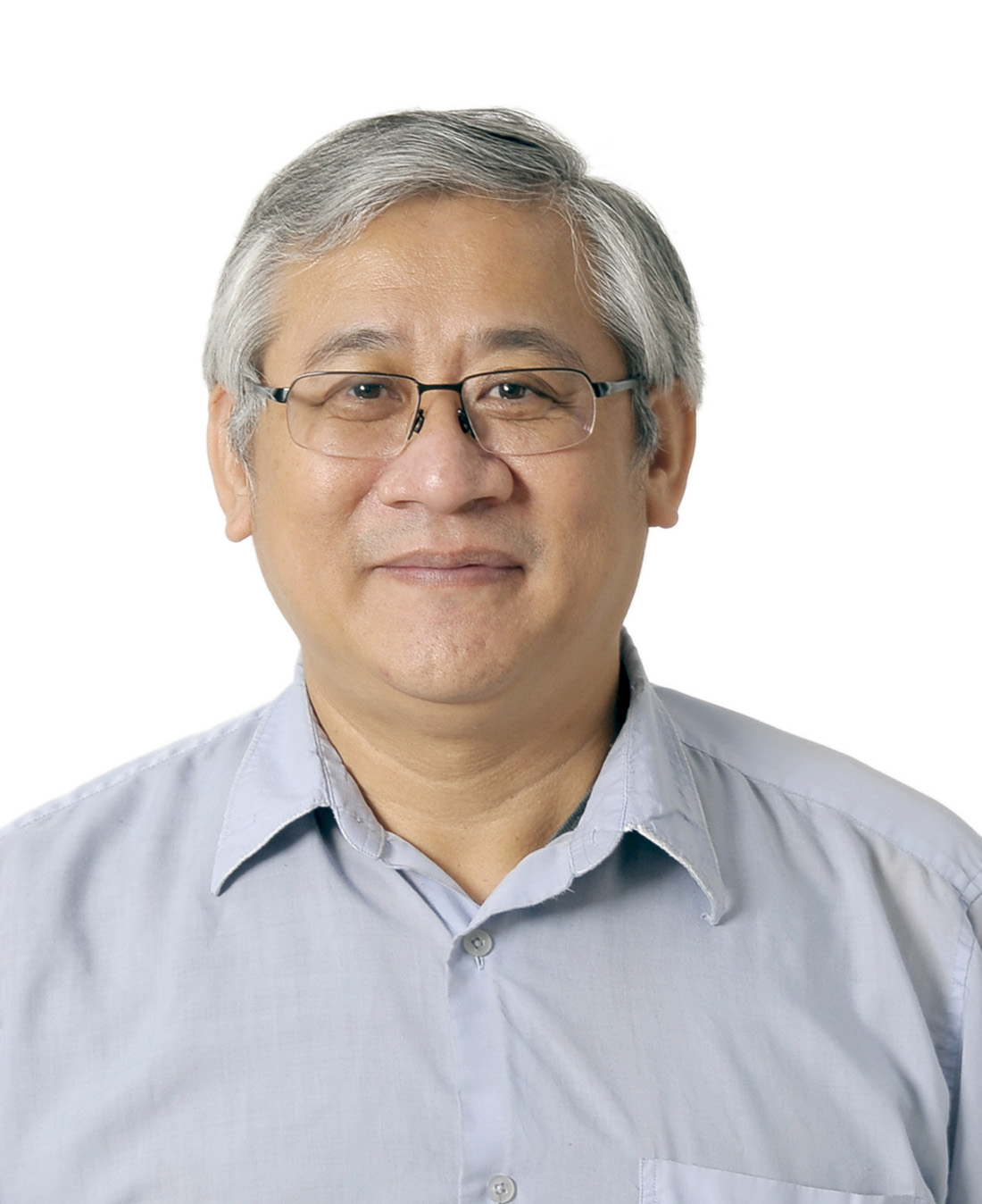Yuh-Shan Jou

Affiliations
Institute of Biomedical Sciences, Academia Sinica, Taipei, Taiwan
Biography
Dr. Jou received his PhD at Genetic Program of Michigan State University in 1992. After postdoctoral training in studies of Molecular Genetics of Huntington’s Disease in both UCSF and Stanford University, he was recruited back to Taiwan as Assistant Research Investigator of Division of Molecular and Genomic Medicine at the National Health Research Institute in 1997. In 2005, Dr. Jou jointed Institute of Biomedical Sciences of Academia Sinica and years later promoted to Research Fellow in 2012. Currently, Dr. Jou is the Research Fellow and Deputy Director of the Institute. Dr. Jou’s research interests are using cancer genomic approaches especially analysis of high density SNP and gene expression arrays to find novel driver genes in prevalent cancers of Taiwan. He then focused on these novel driver genes to dissect molecular mechanisms and pathways of tumor progression and to develop strategies for improvement of cancer therapy.
Abstract
Integrated genomic approach identified PSPC1 as a master activator of cancer stemness and metastasis
Yuh-Shan Jou
We established a database with a collection of chromosome copy number alteration loci (IGRhCellID) of more than 520 human cell lines for cell authenticity and identification of novel cancer driver genes. We identified several driver genes including FNDC3B, SLC29A2 and LMCD1 that are overexpressed and oncogenic in tumorigenesis of human hepatocellular carcinoma. Moreover, after aligning the aberrant chromosome 13q12.11 loci in multiple cancer cell lines, we found paraspeckle component 1 (PSPC1) encoded a major protein of paraspeckle is embraced in the common overlapped alterations.
PSPC1 is up-regulated and associated with tumor stage progression and poor prognosis in multiple cancer types. Overexpressed-PSPC1 enhanced oncogenic properties and increased features of epithelial-mesenchymal transition (EMT), cancer stem cell transformation (CSC), drug resistance and tumor metastasis of cancer cells in vitro and in vivo. Transcriptome and gene expression enrichment analysis (GSEA) indicated that PSPC1 up-regulated target genes and transcription factors (TFs) of EMT, CSC and TGFb1-smads signaling pathways. PSPC1 interacted with smad2 and then bound to promoters of EMT-TFs and CSC-TFs to augment their transcription.
PSPC1 also increased TGFb1 expression through enhanced transcription and mRNA interaction to stabilize and prolong RNA half-life, to increase extracellular TGF-b1 secretion and to stimulate autocrine signaling loop. Together, PSPC1 overexpression is critical for initiating EMT and CSC transmissions and maintaining tumor microenvironment to promote tumor metastasis and may be a potential theranostic marker of cancers.

